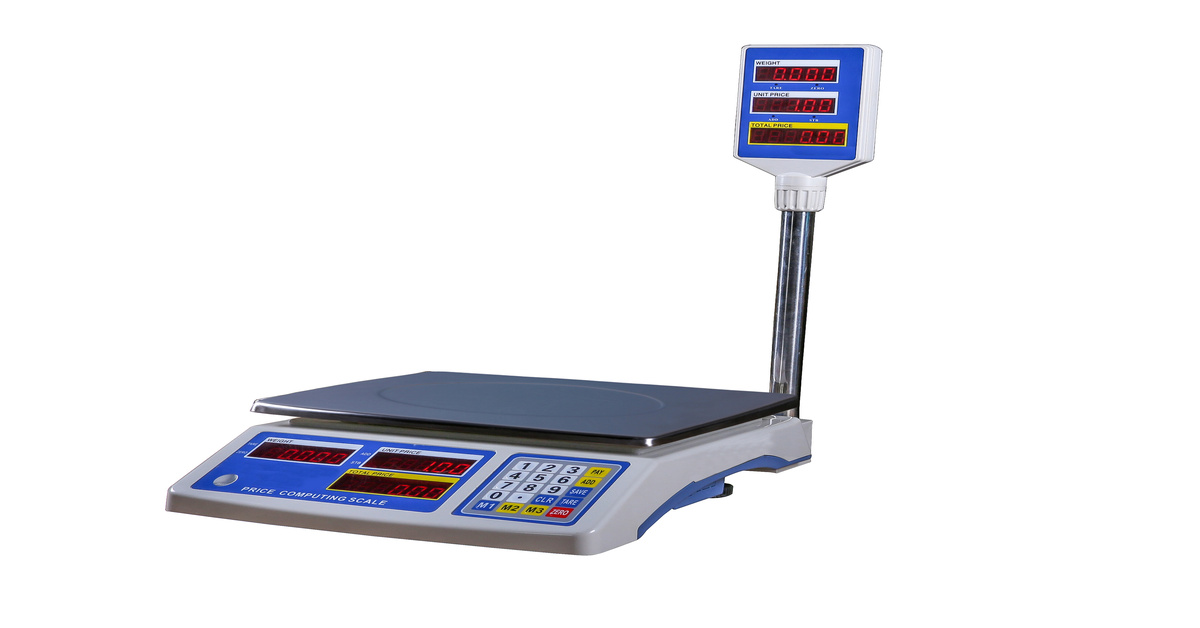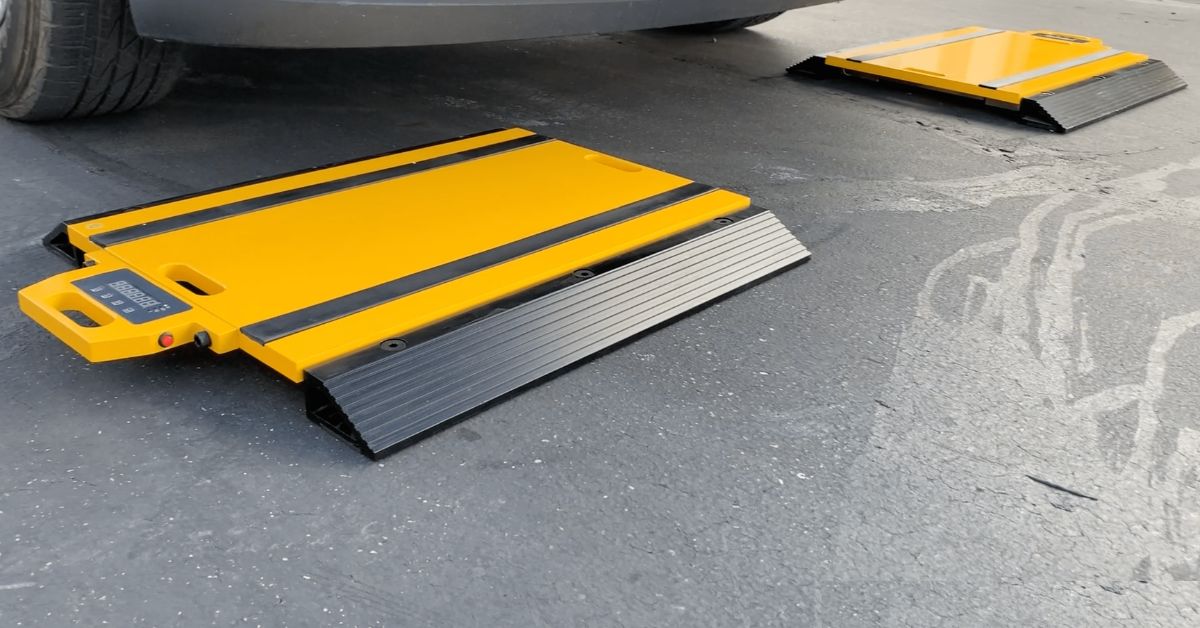Veterinarians must measure weight accurately to diagnose conditions and calculate treatment dosages correctly. When engineers design veterinary floor scales, they must place the load cells carefully to maintain the scale’s accuracy. Veterinarians should understand how load cell placement impacts veterinary floor scale accuracy. This knowledge…
Archives for September 2025
Why Dust and Water Resistance Is Important for Bench Scales
Businesses that rely on precise weighing quickly see why dust and water resistance is important for bench scales. Dust, moisture, and spills interfere with scale sensors, damage internal components, and shorten the equipment’s lifespan. Companies handling food, chemicals, or raw materials can obtain reliable readings…
How Portable Axle Scale Durability Is Tested
Every trucking company relies on accurate weight data to stay compliant, protect equipment, and avoid costly fines. The problem arises when equipment designed to deliver that accuracy fails under real-world stress. Portable axle scales face constant exposure to harsh weather, heavy traffic, and relentless loading…
Load Cell Tech in Weight Scales: Shear Beam vs. Canister
Business owners who rely on accurate weighing understand that load cells make the difference between reliable data and costly errors. The choice between shear beam and canister loads can confuse new owners who have little experience with warehouse operations. Load cell tech in weight scales…



